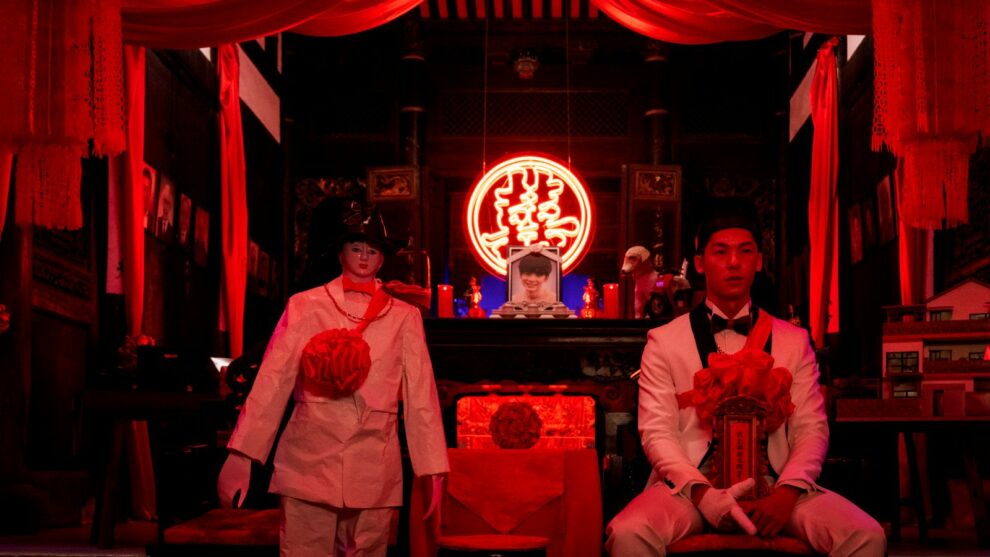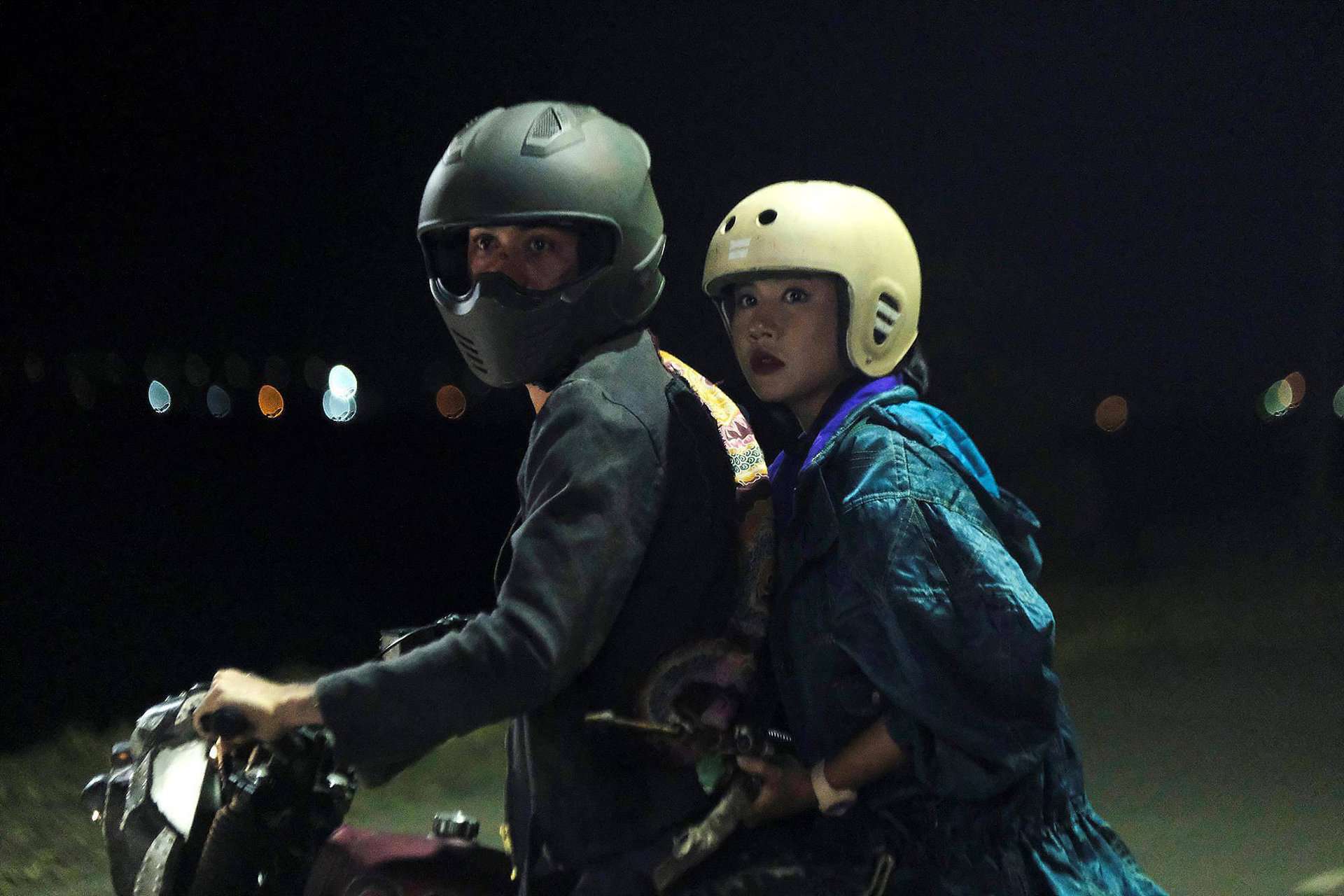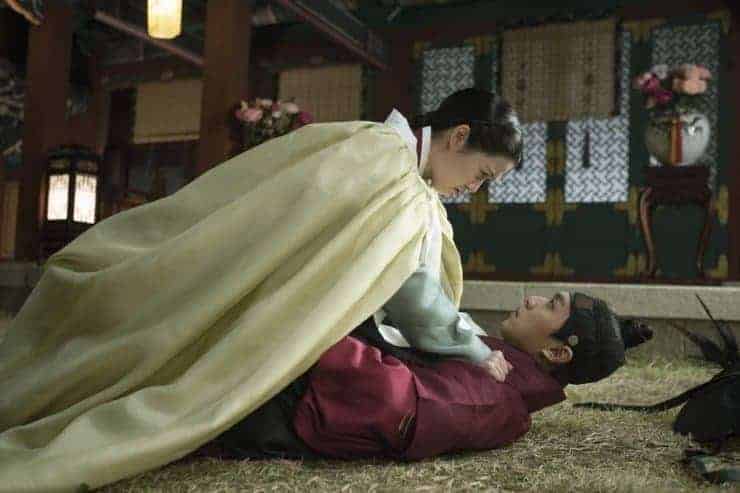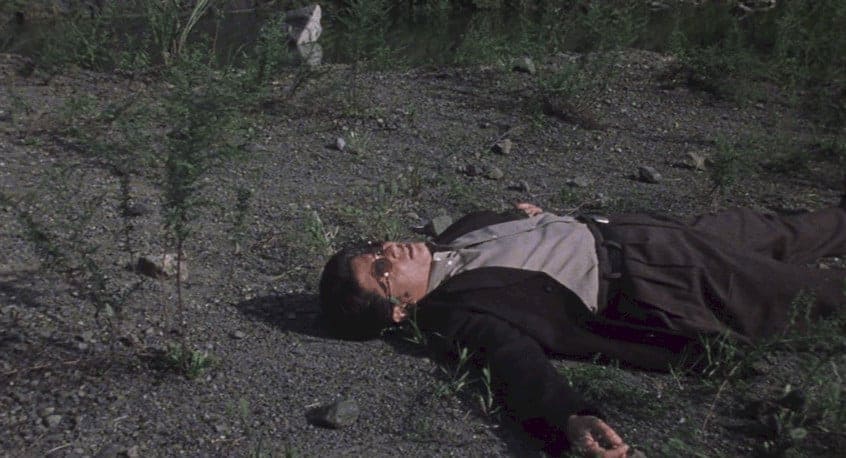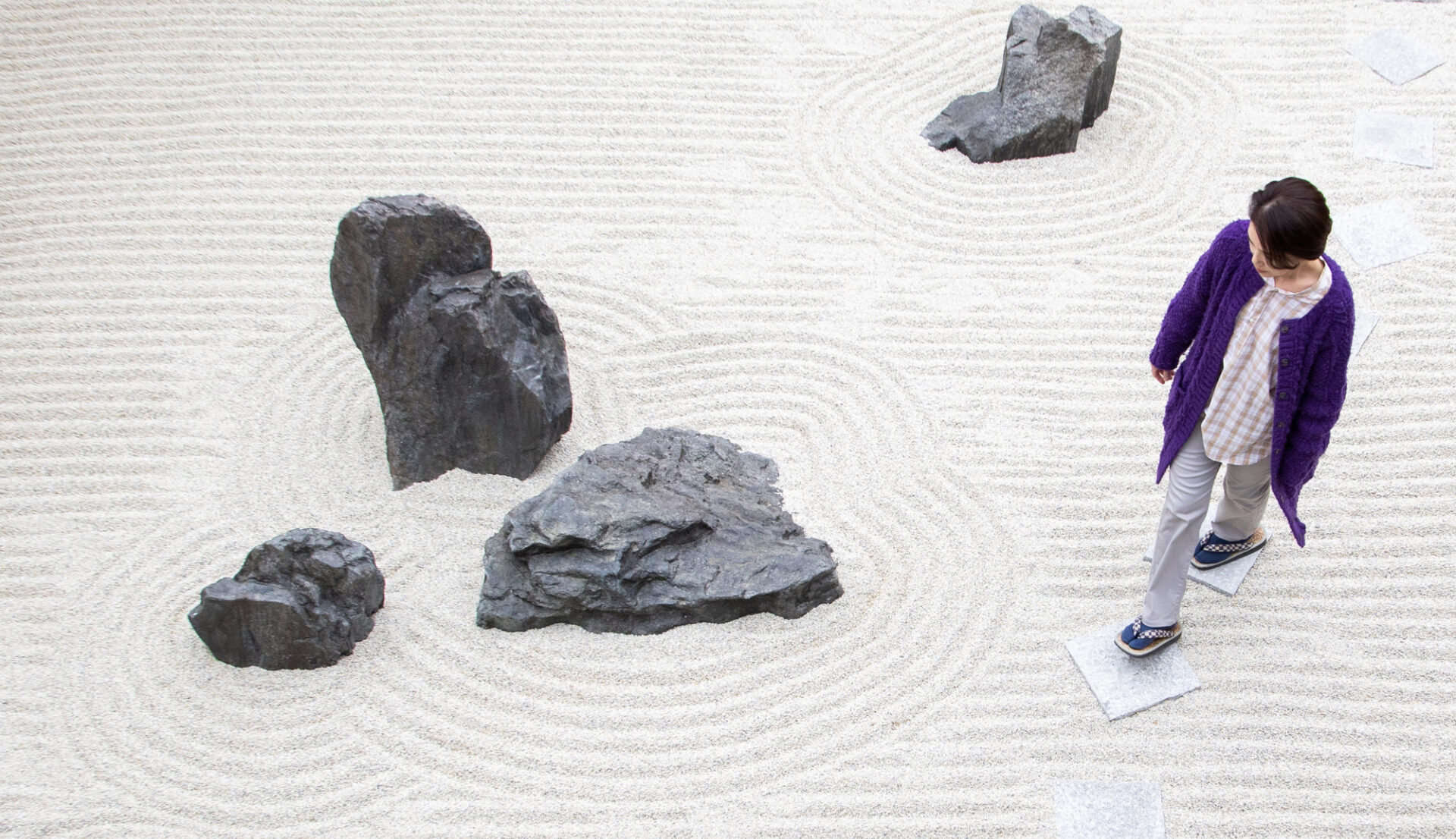In an effort to attract as much audience as possible, mainstream movies tend to include as many popular cinematic elements as possible, in a tactic that does not always work though. Cheng Wei-hao also implements this tactic in “Marry My Dead Body”, a film that combines comedy, ghost story, crime, action and romance while still managing to make a number of social comments. Let us see how the director fared, in this evidently difficult approach.
“Marry My Dead Body” is screening at Neuchatel International Fantastic Film Festival

Wu Ming-han is a wannabe super-cop, whose homophobia and ghost-phobia, however, frequently cause him trouble, which is how the story begins, as he nearly ruins an arrest, causing the anger of Tzu-ching, the colleague he is interested in, and ending up on garbage duty in the park. While retrieving evidence a drug dealer threw out the window during an over-the-top car chase, Ming-han accidentally picks up a red envelope planted by Mao Mao's grandmother, who hopes to find her grandson a husband in the afterlife.
The envelope, after a series of unlikely events, results in him agreeing to a ghost marriage, a folk practice that actually has him married to the ghost of a gay man. Despite the issues caused by the whole endeavor, Ming-han still tries to catch notorious drug lord Brother Hsiao while also helping Mao Mao fulfill his lingering wishes, including his relationship with his boyfriend, in order to leave this world without any regrets.
Check also this interview
“Marry My Dead Body” starts in over the top silly fashion, with slapstick humor that seems to have an intense local flavor, which makes it doubtful to be appreciated by those who do not understand the folklore elements presented. Particularly the fact that, despite the evident effort to target homophobia, some of the jokes seem to actually move in the opposite direction, as in the case of Ming-han's colleague who evidently likes him and the initial bodily interactions with Mao Mao, are rather difficult to appreciate. Thankfully, this approach does not last for long, and Cheng Wei-hao switches the comedy to more action and crime and social elements, in a tactic that benefits the movie significantly.
This aspect owes a lot to three particular components. Although the relationship between Ming-han and Mao Mao is expectedly bumpy at the beginning, with the latter actually taking over the body of the former on occasion with tragicomical results, their interactions eventually help both the deceased to understand better what exactly was going on with his life and to deal it with the help of his ‘hubby', who also realizes the mistake of his homophobic ways. That this prejudice is presented as actually going both ways is definitely another rather smart element in the whole context here. In that fashion, the way both protagonists move beyond their preconceptions, eventually becoming close friends, is one of the best aspects of the narrative, despite the fact that the slapstick humor deriving from the absurdness of the relationship actually carries on throughout the movie. This component also benefits the most by the acting, with Greg Hsu and Ming-han and Austin Lin as Mao Mao giving rather convincing performances, also showcasing a very rewarding chemistry.
The second element is the whole combination of crime and action, with the case revolving around Brother Hsiao becoming more and more complicated, and eventually including a truly shocking twist that definitely adds to the depth of the story here as much as the entertainment it offers. Furthermore, the action, which includes car chases, raids, and hand-to-hand battles is excellently implemented, with the combination of Chen Chi-wen's cinematography, Chen Chun-hung editing and the overall action direction resulting in a series of impressive scenes. That eventually drama becomes part of the action also works rather well here.
The third one is the overall social commentary. The remarks about homophobia, the impact of folklore that actually derives from a respect towards the elderly that is actually criticized here, although in subtle fashion, are the most evident, but the ones revolving around Tzu-ching are also interesting. That the young woman needs to move beyond the prejudice deriving from her beauty, with many of her colleagues actually believing that she slept her way to the top, makes a rather pointed comment about another aspect of prejudice, this time pointing towards racism against women in the workplace. The way she tries to prove herself, despite evidently being one of the best in the precinct, additionally allows for further analysis of a rather layered character, a concept that actually becomes even more impactful as time passes. Gingle Wang is excellent in the role, particularly in the way she portrays her anger and frustration, in a show-stealing performance despite the fact that her role is essentially secondary.
“Marry My Dead Body” does not move completely beyond the local-flavored, silly comedy, but there are enough elements here that will appeal to mainstream audiences of any ethnicity, in an overall quite entertaining movie that also makes a number of very interesting comments.


